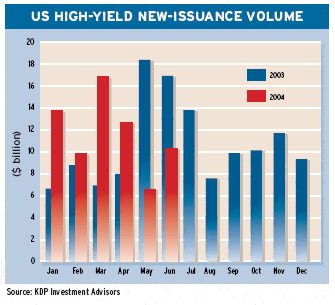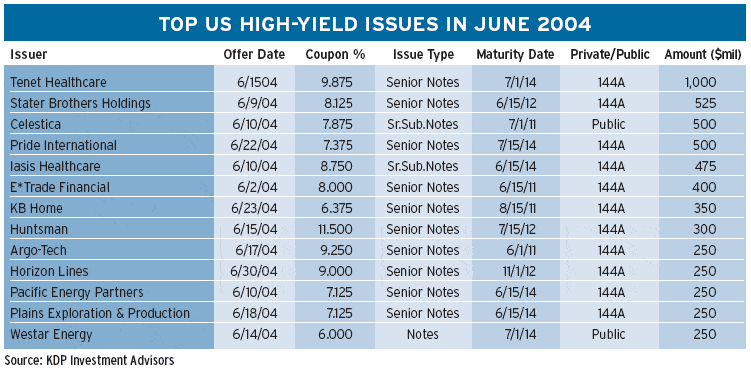The Americas

Proposed new accounting rules have put the damper on the issuance of a popular type of convertible corporate bond in the US market.
The Financial Accounting Standards Board wants companies to treat so-called contingent convertible bonds, known as CoCo bonds, the same way they account for regular convertible bonds.This would make the securities much less attractive to companies because the issuance of CoCos would reduce reported earnings.
General Motors announced in August that it would use cash instead of stock to pay down about $8 billion of CoCos to escape the dilution of earnings that would otherwise result from the accounting-rule change, which could go into effect later this year.
GM, the largest issuer of such bonds, says it would not have issued them in the first place if it had known that the rule change was coming.
The automaker estimated that its earnings would be reduced by $1 per share, or 15% of its expected total for the year, by the new accounting rules.
CoCo bonds are convertible into stock only after the price of the underlying shares rises sharply, sometimes as much as 30%.The bonds do not count as part of the dilutedshare total until the stock price rises to this level.
The proposed FASB rule, which is open for comment until September 3, would require that CoCos be included in diluted earnings per share computations regardless of whether the market price trigger has been met.
Issuance of convertible bonds has dried up since the proposed ruling was announced, but expectations of rising interest rates and a slumping stock market also are partly to blame for the lack of interest in convertible issues.
CoCos have accounted for the vast majority of convertible bonds issued this year, mainly because of the accounting advantages of the hybrid instruments. There are now an estimated $125 billion of such issues outstanding.
In the year to date through July, the leading underwriters of CoCo bonds have been Citigroup, Credit Suisse First Boston, Deutsche Bank, Bank of America and JPMorgan Chase, according to Thomson Financial.
There have been more than 360 CoCo deals since Merrill Lynch introduced the instruments in 2000 with an issue for Tyco International.
Bermuda-based Tyco, which now operates out of New Jersey, has recently been trying to pare down its debt after a scandal hurt its business.The conglomerates former executive team has been charged with looting the company of $600 million in unauthorized pay.
The FASBs emerging issues task force is scheduled to meet again in September to review the comments it receives.The proposed rules are intended to go into effect for reporting periods that end after December 15, 2004.
Companies that have issued CoCos in the past may be required to restate earnings to reflect the dilution to per-share results caused by already-issued bonds.The FASB, a private body that sets accounting guidelines, wants to standardize the treatment of all convertible bonds.

Gordon Platt



